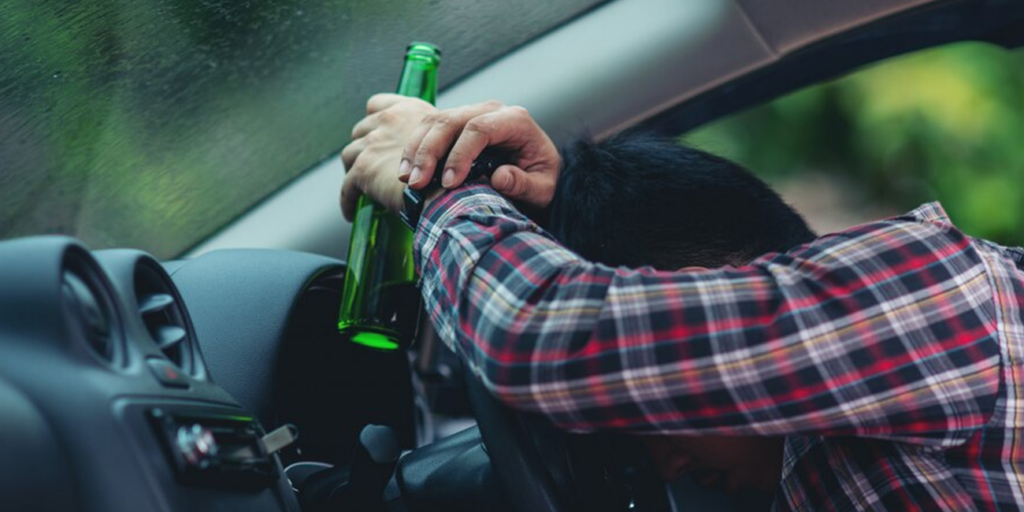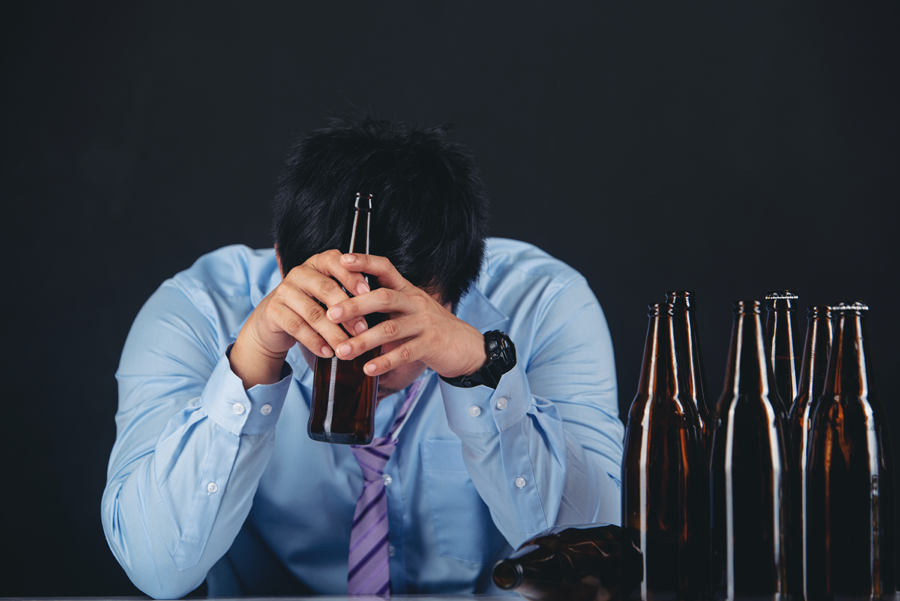What Happens After 72 Hours of No Alcohol?
Alcohol is one of the most extensively consumed substances in the world. Still, when you just quit drinking, your body has to go through a variety of changes that can be incredibly intense. Whether you want to take a break, cut back, or quit for good, understanding what happens after 72 hours without alcohol can really help you navigate the process and stay on track. While everyone’s experience with alcohol cessation is different, some common physiological and psychological changes take place during the first 72 hours of sobriety.
In this blog, we will be delving into what happens to your body and mind when you are three full days without alcohol.
1. Physical Withdrawal Symptoms Peak
When you stop drinking, your body will detoxify as it readjusts to life without alcohol. Alcohol is a depressant that affects the central nervous system. Alcohol withdrawal symptoms vary from person to person based on the amount and frequency of alcohol consumption. By the time you hit the 72-hour mark, the worst symptoms have usually peaked.
Common physical withdrawal symptoms in the first 72 hours include:
- Shaking and Tremors: One of the most typical withdrawal symptoms is shaking, or “the shakes,” because the central nervous system works to get back into balance without the depressant effects of alcohol.
- Sweating: You may experience a high level of sweating since your body is attempting to flush out the alcohol and adjust to the fact that it is no longer in your system. This typically occurs within the first 24-48 hours.
- Headaches and Nausea: Without alcohol, your blood sugar might become low, and you could experience headaches, dizziness, and nausea. You may feel dizzy or tired as your body readjusts.
- Sleep Disturbances and Insomnia: Alcohol is a sedative. Without it, you might not be able to sleep, or the quality of sleep might be poor for a few nights. Your body is resetting its natural sleep cycle.
- Rapid Heart Rate and Blood Pressure: In the absence of alcohol’s calming effect, your body’s heart rate and blood pressure may shoot through the roof, making you feel anxious and stressed.
- Changes in Appetite: People experience changes in their appetites. For some, it means increased hunger or no appetite at all. Some even have a strong craving for alcohol or sweets as the body finds its comfort.
These symptoms usually start to clear up after the first couple of days, but when you have reached 72 hours, they often peak in intensity. In some instances, these withdrawal symptoms may be so intense that you will need medical attention and can be more serious if you are a chronic drinker.
2. Enhanced clarity of thought and concentration
After the initial physical withdrawal symptoms begin to subside, you should start noticing improvements in your mental state. Alcohol disrupts cognitive functions, and consistent drinking will lead to memory issues, trouble focusing, and mental confusion. As soon as alcohol leaves your body, your brain starts to heal and function better.
By the third day after you quit drinking, you likely begin to feel more mentally clear and alert. Alcohol actually acts as a sedative to the brain; thus, when you stop drinking, your brain might become more energetic and attentive. This, in turn, can be accompanied by:
Better concentration:
You may be able to focus better on work, school, or your personal life because the constant haze of alcohol is not in your system.Better Thinking Clarity:
Your brain starts working stronger, thus making better decisions and solving problems.Increased Productivity:
Many people report increased productivity and energy after the initial withdrawal phase as the brain and body adjust to a healthier, more balanced state.
3. Roller Coaster of Emotion and Mood Swings
While the physical withdrawal symptoms tend to peak at 72 hours, the emotional and psychological effects of quitting alcohol may continue to fluctuate. Alcohol is often used as a coping mechanism for stress, anxiety, and depression, and stopping drinking can leave you facing these emotions head-on.
Here’s what you might experience emotionally:
Mood Swings:
You will see that mood swings will be at their worst without alcohol since it numbs your system. This can mean becoming irritable, anxious, or even sad due to the brain’s desperate efforts to attain its natural chemical balance.Increased Anxiety or Depression:
Alcohol depresses feelings and temporarily makes one stop feeling anxious. However, once alcohol is out of your system, emotions that were suppressed by the effects of alcohol may surge, and you may feel nervous or down.Emotional Sensitivity:
You are going to be more sensitive emotionally without alcohol; what might have been dismissed can now seem much more potent.This is a hard emotional phase; you must remember that all these emotions are temporary and are part of your body’s natural healing process. If you have anxiety, depression, or mood swings, it may help to see a therapist or counselor to work through some of these challenges.
Read More: How Long Is Alcohol Rehab? Discover Your Path to Recovery!
4. Physical Health Benefits Begin to Manifest
While the first 72 hours will be challenging, they also mark the time when your body starts healing. Alcohol damages several organs, from the liver to the heart to the digestive. After 72 hours without alcohol, you can await some positive changes in the physical condition of your body as it heals.
A few immediate physical benefits associated with quitting alcohol after 72 hours are
Better Hydration:
Alcohol is a diuretic, and this causes dehydration in your body. As you quit or stop alcohol consumption, then your body starts rehydration, hence healthy skin appearance, energy, and digested food.Liver Recovery:
The liver is one organ that faces most of the onslaught from alcohol. Within a few days after quitting alcohol intake, the liver begins cleansing itself, and healing effects are noted to reverse whatever damage is caused by alcohol taking.Lower Blood Pressure:
Alcohol will raise blood pressure, so alcohol elimination from the body will cause a reduction in blood pressure level. Hence, you will be fit and healthy in your heart.Weight Loss:
Alcohol has many empty calories; therefore, eliminating this from your life may lead to weight loss or won’t make you gain much weight; hence, after 72 hours, you will notice less bloating and swelling.Must Read : Treatment for alcohol
5. Motivation for Further Sobriety:
Once you pass the 72-hour mark, you’ve passed an important landmark in the recovery process. After this, the worst of withdrawal symptoms may be over. You may feel motivated now to continue on the sobriety road and change your life for the better. It can be quite a turning point in recovering where initial discomfort outweighs the positive changes experienced, both physically, mentally, and emotionally.
By the third day, most people have developed a sense of determination and resolve to keep off alcohol and start thinking of long-term goals like health improvement, better relations, and clearer thinking. That is where the weeks and months ahead are determined.
Conclusion
Quitting alcohol is not easy, especially after prolonged or excessive intake. Nonetheless, reaching 72 hours marks a point at which the body has started to recover and heal itself. This three-day process begins with the manifestation of withdrawal symptoms that take physical shape, lead through the highs and lows of emotional responses, and into signs of health improvements.
Remember, sobriety is a journey that brings you closer to wellness, better emotional stability and a new sense of self with each milestone passed. Chances are good that you’ll have come out on top of that first 72 hours. Just keep going—your body and your mind will thank you for it.


